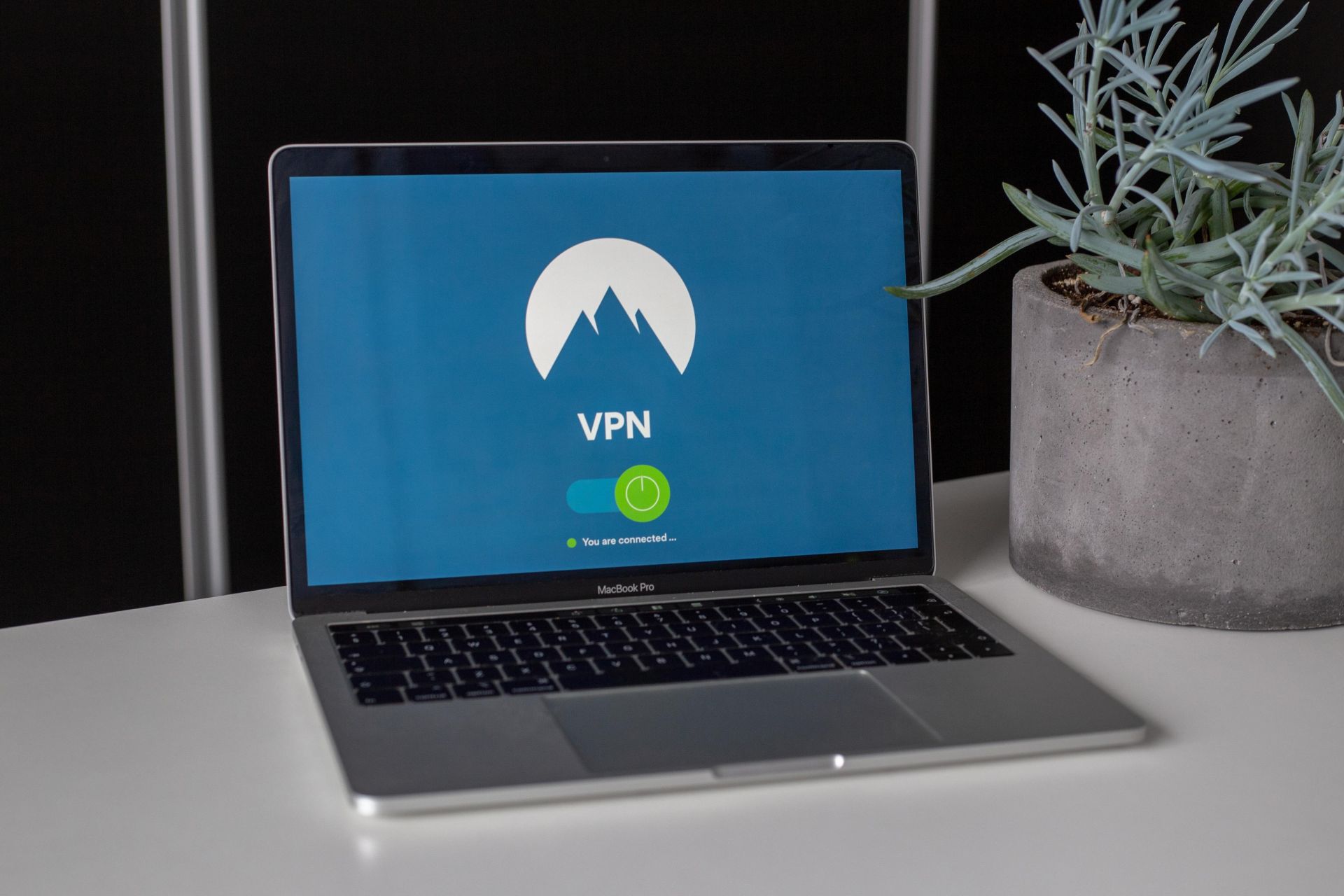
Why Must Companies Stop Turning to VPN?
Undeniably, 2020 has been rough, especially for those people who work face to face. Their work is now converted into a work-from-home scheme. Their work is now isolated, and it’s all because all are affected by this global pandemic. Everything changed drastically, especially the way of life of the people and set-up in the workplace.
Unexpectedly, companies are now adapting to this adjustment. They are now practicing this kind of work arrangement since remote work, or the so-called “work-from-home scheme,” is more convenient, and there are more different benefits. Everyone is forced to cope up with this sudden change in the workplace. Numerous people are engaging in their corporate networks from their residences. As a result, network providers are now gaining from it, but on the other hand, some issues also appeared, just like internet overload and rapid increase of VPN usage.
So, what may be the reasons why people in isolated work are turning to VPNs? Below are some of the reasons why they are using VPNs:
- Security – VPN encrypts the data and keeps your internet activity private. Of course, when it comes to privacy, companies are susceptible to that matter. They want their online transactions to be confidential as much as possible. VPN helps to secure credit card details, bank account details, and email login details. VPN uses encryption to secure online communications especially official work transactions. It is also a good choice for accessing work files from a distance. If the worker needs to access some company files from his or her residence, they can do it without compromising the privacy of the work data by using VPN.
- Cheap – VPNs are less expensive than the other types of security plans. It can be up and running within minutes without the hassle of installing some hard wares or the need of any technicians. Good VPN providers also have active customer service. They provide reliable and professional customer support in situations that the user needs any type of troubleshooting.
- Easy to use – Since the workers are working from their homes, they might be dealing with network firewalls, which can be annoying because these network firewalls prohibit them from going to a specific website. Network administrators purposely execute it to comply with different regulations. But with the use of VPN’s the user can bypass these annoying firewalls administered to a certain website since it hides the IP address.
The use of VPNs, also known as Virtual Private Networks, really impacted the online activities of almost all their users. But with the sudden surge of organizations, and workforces implementing VPNs, the emergence of cracks is starting. Furthermore, other newly existing problems occur when using VPNs. So, why must companies stop turning to VPNs?
It is Slowing Down the Connection Speed
The VPN is keeping the connection secured and encrypted. As a result, it is also slowing the connection speed. The internet slows down, so internet access is affected, and the quality of service is reduced.
In the past, organizations designated only the right number of network access for the few workers who are not in their workplace. Currently, these organizations identify and designate a greater network capacity because all of their workers work from their residences, and all of them must be accommodated.
Security Issues related to VPNs
Indeed, VPNs are designed to protect the data of the users. However, some VPN providers do not offer properly configured encryption, leading the user to the danger of exposing confidential data and vulnerable to online threats.
Because of its demand, during this global pandemic, VPNs have been the target of numerous hackers. VPNs became susceptible to vulnerability resulting in several companies turning out to be the ransomware attack victims. And because of its ability to bypass firewalls, users have no restrictions to go to specific network resources. As a result, VPNs are the cause of negligence in terms of identity access and credential management. There is no traffic visibility, network segmentation, and specific network security.
There is a significant increase in numbers in data and cyber-attacks since most of today’s workforce is working from their residences. There is a surge in hackers understanding the value of attacking VPNs and aware of their common weaknesses. They are taking advantage of the security gaps. Vulnerable VPNs are open to hackers. Using it as the organization’s network can make the hackers infiltrate the critical resources of the company.
VPNs are also not suitable for strong networks because they require computer hardware, persistent monitoring and cannot easily be adjusted to server changes. This involves incorporating physical servers, cloud-based infrastructures and applications, identity access management, and site-specific applications.
New Era, New Challenge
Organizations must consider the possibilities of having the new virtual challenge in the present time, and that is how to deliver secure and trusted IT resources, especially for the work-from-home scheme. They must set aside the use of traditional VPNs and do some extensive research about some more reliable alternatives that can easily be accessed without compromising the quality of security and privacy and user-access control granularity and analytics. They can be quickly configured via the cloud to provide device and application configurability.
New Challenge, New Innovations
Nowadays, companies have reasons to let go of using legacy On-Premise or Cloud VPNs and shift to a more reliable and modern way to secure their network with something called SASE.
What is SASE? SASE stands for Secure Access Service Edge. It is a cloud-based service, which is a new network security approach. This is how the companies are changing their way of securing data, users, and resources. This supports strong networks, and it combines multiple network technologies delivered as a service.
This new approach encourages the IT security teams to connect and secure all their company’s networks effortlessly. SASE brings user efficiency by increasing productivity, cost reduction, and operational effectiveness. SASE empowers the delivery of integrated secure network services that supports edge computing, workforce mobility, digital business transformation, and access management.
Organizations using SASE can now make their services and data secured yet accessible to third parties like business partners and contractors. This new approach is very timely and relevant to the kind of working scheme everyone’s adapting. SASE is more flexible, secure yet accessible for the work-from-home workforce. Instead of settling into VPNs, companies are now one step closer to a more user-friendly SASE service.





